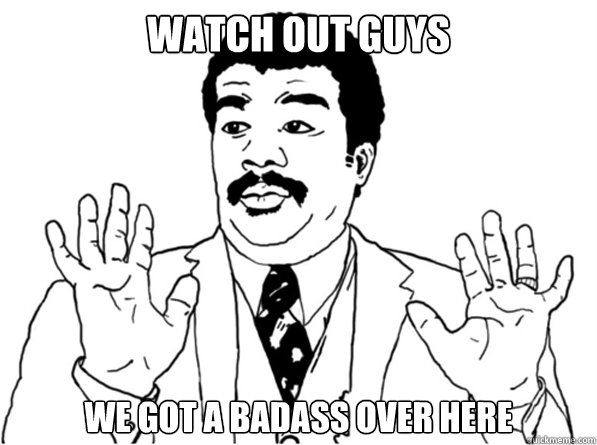Run with scissors
Forum Lieutenant
- 165
- 28
- 28
Does any one carry around a cheat book or sheet in their pocket? With info like coma scale, ped bp hr., burn percentages etc.
I was told it was good to have on hand. But i didnt want to look dumb by pulling it out.
What are your opinions on This?
I was told it was good to have on hand. But i didnt want to look dumb by pulling it out.
What are your opinions on This?

